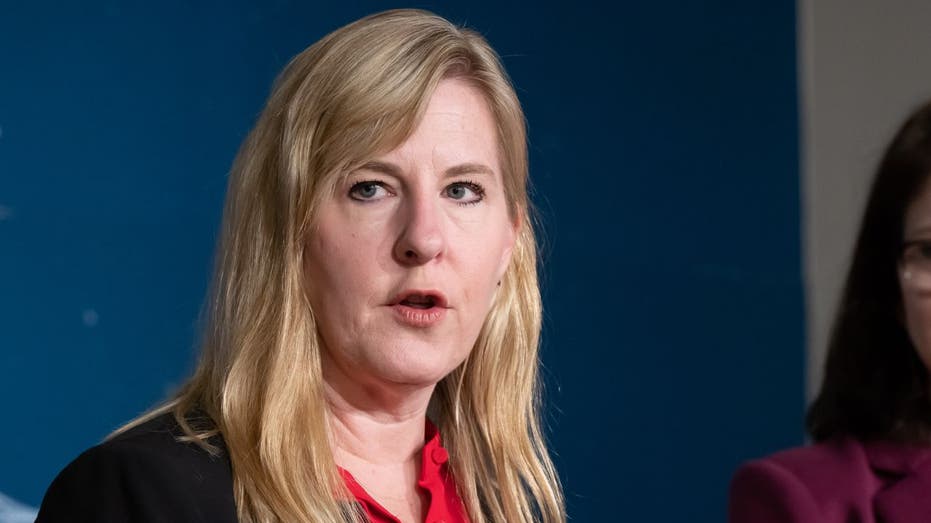Minnesota Killings Expose Capitol Hill’s Fears for Lawmaker Family Safety

Sarah Johnson
June 19, 2025
Brief
Minnesota lawmaker killings spark fear among U.S. Congress, highlighting threats to lawmakers' families and the limits of Capitol security.
The chilling murders of Minnesota state Rep. Melissa Hortman and her husband, Mark, alongside the shooting of state Sen. John Hoffman and his wife, Yvette, have sent shockwaves through Capitol Hill. The suspect, Vance Boelter, allegedly targeted these lawmakers at their homes, a stark reminder that danger doesn’t confine itself to Washington, D.C. For U.S. representatives and senators, who spend half their time in their home districts, this tragedy hits close to home—literally.
A new era of fear has gripped lawmakers. The Minnesota killings underscore a growing threat: not just to politicians but to their families. From doxxing—where personal addresses are maliciously shared online—to swatting and even pizzas sent as a sinister “we know where you live” message, the lines of safety have blurred. One anonymous House member told WTFNewsRoom, “It’s not just us anymore; it’s our kids, our spouses. There’s no boundary left.”
The specter of past violence looms large. The 2017 Congressional baseball practice shooting nearly claimed House Majority Leader Steve Scalise, R-La., while the 2011 attack on former Rep. Gabrielle Giffords, D-Ariz., remains a haunting precedent. Now, with a list of dozens of House and Senate members allegedly found in Boelter’s possession, lawmakers are questioning whether the U.S. Capitol Police (USCP) can keep them safe. With over 9,400 credible threats reported against lawmakers last year—a sharp rise from a decade ago—the USCP faces an impossible task of 24/7 protection across 535 members and their families.
Lawmakers are scrambling for solutions. Rep. Hillary Scholten, D-Mich., canceled a town hall after learning her name was on the suspect’s list, citing the need to avoid straining law enforcement resources. House Minority Leader Hakeem Jeffries, D-N.Y., and Rep. Joe Morelle, D-N.Y., have urged House Speaker Mike Johnson, R-La., to boost the Members Representational Allowance (MRA) to fund enhanced security. Others propose anti-doxxing laws or scrubbing personal data from the web. Senate Minority Leader Chuck Schumer, D-N.Y., pointed to the “coarseness of debate” as a root cause, noting that no amount of security can fully shield against the vitriol fueling such attacks.
Yet, tensions flare even among lawmakers. Sen. Mike Lee, R-Utah, sparked outrage with social media posts linking the Minnesota shootings to “Marxists” and Minnesota Gov. Tim Walz. After confrontations from Sens. Tina Smith and Amy Klobuchar, both D-Minn., Lee removed the posts but offered no public explanation. Klobuchar described their discussion as “productive,” but the episode highlights the challenge of cooling political rhetoric in a polarized climate.
What’s next? Rep. Jared Moskowitz, D-Fla., is considering a rare “Secret Session” of the House to debate security measures—a move not seen since 2008. But with the USCP stretched thin and many lawmakers failing to use existing security programs, as one Republican source noted, the path forward is murky. The Minnesota tragedy has laid bare a painful truth: while lawmakers sign up for public service, their families didn’t. Yet, in an age where personal information is just a click away, they’re all in the crosshairs.
Topics
Editor's Comments
This Minnesota tragedy is a grim wake-up call—like a burglar alarm going off after the house is already ransacked. Lawmakers are spooked, and who can blame them? When your family’s address is easier to find than a decent parking spot in D.C., it’s no wonder they’re clamoring for better security. Here’s a joke for you: Why did the politician’s pizza delivery get so creepy? Because it came with a side of ‘I know where you live!’ The real punchline? Congress can’t agree on much, but they all want to stay alive. Let’s hope they figure out how to protect their families before the next uninvited guest shows up.
Like this article? Share it with your friends!
If you find this article interesting, feel free to share it with your friends!
Thank you for your support! Sharing is the greatest encouragement for us.



